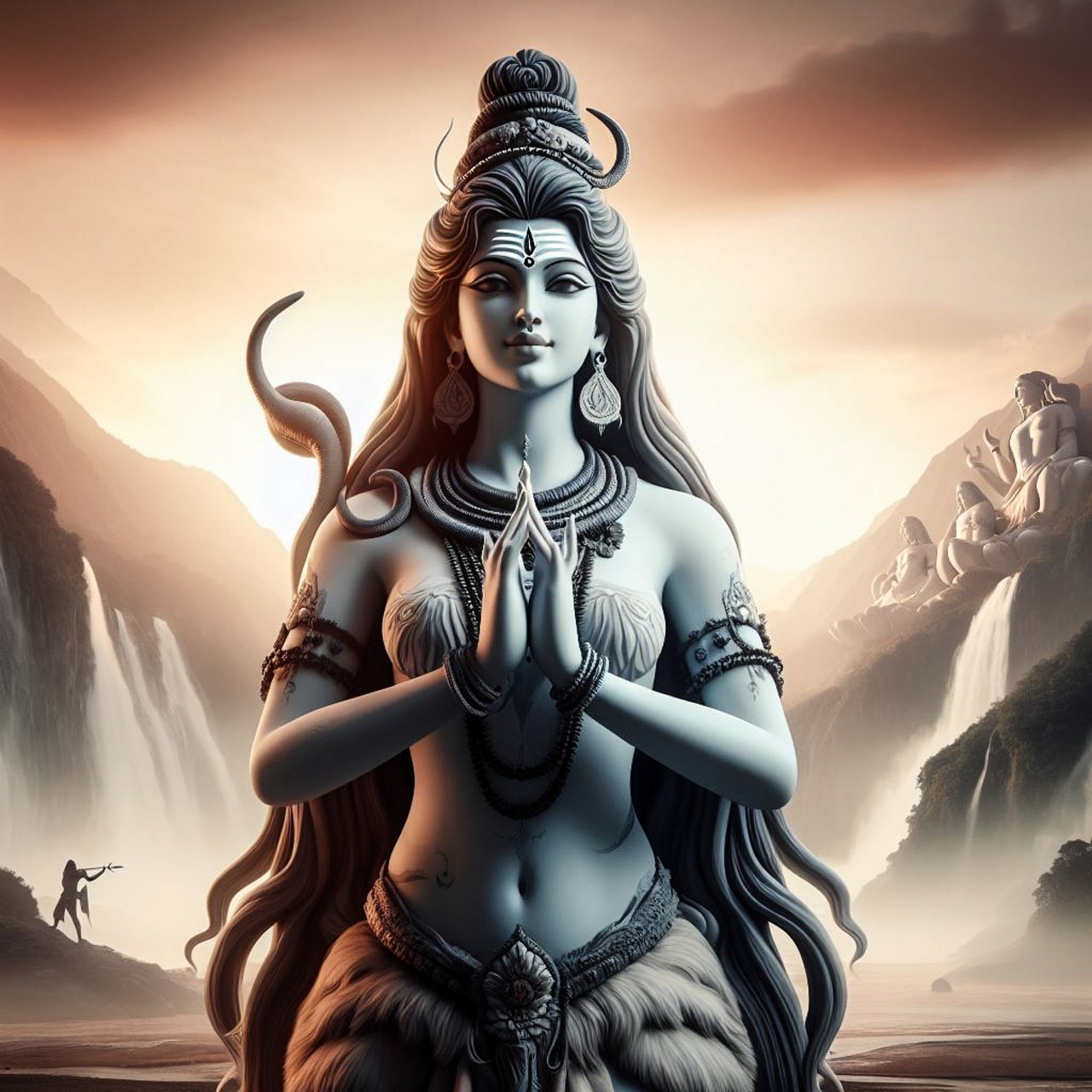The Future of Music: Insights from Saurabh Chandrakar
Chandrakar App, Chandrakar Mahadev: The way people consume music today has undergone a significant transformation in recent years. With the rise of digital streaming platforms, music enthusiasts now have access to an endless amount of songs at their fingertips. This shift towards streaming services has not only made music more accessible but has also changed the way artists release their music, leading to a more direct connection between musicians and their audience.
Moreover, the idea of music ownership is becoming less prevalent as streaming gains more popularity. Gone are the days when people would purchase physical copies of albums; now, listeners prefer the convenience of being able to listen to their favorite tracks anytime and anywhere through online platforms. This shift in consumption habits has also influenced artists to focus more on creating singles and individual tracks rather than full-length albums, catering to the needs and preferences of the modern listener.
Impact of Technology on Music Creation
In today’s ever-evolving music landscape, technology continues to play a pivotal role in the creation process. With the advancements in music production software and hardware, artists now have a vast array of tools at their disposal to experiment, innovate, and craft unique sounds. Gone are the days when musicians were limited to traditional instruments and recording methods. The accessibility of digital audio workstations, virtual instruments, and production plugins has democratized music creation, allowing aspiring artists to realize their creative vision with ease.
Moreover, technology has not only revolutionized the recording and production aspects of music but has also transformed how musicians collaborate and communicate. Through the use of cloud-based platforms and remote recording capabilities, artists can now work together seamlessly regardless of geographical constraints. This interconnectedness has facilitated the emergence of cross-genre collaborations and global music communities, fostering a culture of creativity and diversity in the music industry.
Evolution of Music Distribution Platforms
In today’s digital age, the evolution of music distribution platforms has transformed the way music is consumed worldwide. Gone are the days of physical CDs and records as music streaming services have taken the lead in providing instant access to a vast library of songs at the touch of a button. Platforms like Spotify, Apple Music, and YouTube have become the go-to destinations for music lovers to explore and enjoy their favorite tunes.
These advancements in music distribution have not only made music more accessible but have also empowered independent artists to reach a wider audience without the need for a major record label. With the rise of platforms like SoundCloud and Bandcamp, emerging musicians can now showcase their talent and build a fanbase on their terms. This democratization of music distribution has opened up new opportunities for artists to connect directly with their listeners and forge a more personal and authentic relationship through their music.







